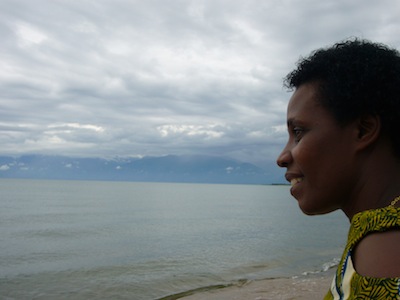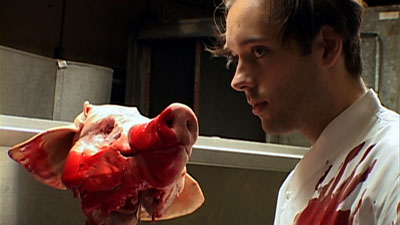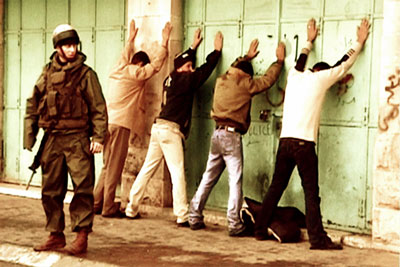When war came to Rose’s village, she was separated from her five-year-old daughter, Nangabire. Rose managed to escape with nine of her ten children and was eventually resettled in Phoenix, Arizona. Over a decade later, mother and daughter are reunited in the US where they must face the past and build a new future.We follow Rose and Nangabire over the course of a year as they make up for lost time. Rose struggles to find balance in her life as a mother of ten and a full-time advocate for refugees. She serves as the Ambassador for Mapendo International, a humanitarian organization named in Rose’s honor that protects and cares for forgotten refugees. Her speaking engagements have her traveling around the world – from the White House to the UNHCR in Geneva to peace talks in Congo.Meanwhile Nangabire, now seventeen, must adapt to America and discover how she fits into the sprawling Mapendo family. As mother and daughter get to know one another, they must come to terms with a painful past, and define what it means to be a survivor, a woman, a refugee and an American.Pushing The Elephant captures one of the most important stories of our age, a time when genocidal violence is challenged by the moral fortitude and grace of one woman’s mission for peace.
Summary info for schedule – will be hidden on film page

Pushing The Elephant
63-minutes
Screening day / time
Pushing The Elephant
Filmmaker(s)
Running Time
Pushing The Elephant
Filmmaker Notes:
The story is told from the POV of the main characters themselves, who have given us their full commitment and cooperation, along with the rest of the Mapendo family here and in Africa. We believe that it is critical to provide a platform for those who have been marginalized to speak in their own voices. Our very small film crew allows us to be as unobtrusive as possible, which encourages the subjects to interact naturally in our presence. Our scaled-down equipment includes the Panasonic HVX200, set in filmic 24p mode, using natural light, with a small light kit at our disposal. Africa footage is shot in PAL, emphasizing the contrast between the subjects’ present lives and the ones left behind.Both mother and daughter’s pasts are a critical part of our story, as well as being a piece of the narrative that informs their daily lives. Rose and Nangabire are continually referencing the events that brought them to the present, and therefore the past naturally lends itself to being interwoven into the fabric of unfolding events. Using interviews, family photos and archival footage, as well as stylized footage shot on Super 8 and HD footage using 35mm lenses, we weave the past throughout the present day story. Finally, imagery of Africa, Phoenix and the many places Rose travels will infuse the film with beauty and sense of place.Arts Engine, Inc. is a female-founded and operated company. Big Mouth Films, a project of Arts Engine, is committed to telling multifaceted and universal stories through an intimate lens about the complexities of life as a woman in this new millennium. Rose and Nangabire’s story is a perfect example of this commitment. For all the unique circumstances of the story, it contains universal truths about the mother-daughter bond and the importance of family, connection and forgiveness, themes to which women everywhere can relate. Furthermore, as a strong African woman and a refugee who is a leader and an activist, Rose represents a model of woman we rarely get to see on film or other media sources. At the heart of the film is a powerful story of how families persevere through extreme circumstances.The filmmakers are not from Congo, and are viewing the specifics of the story through an outsider lens. However, the story also has personal resonance for all of the principal personnel involved. Among us, we have: a descendant of Eastern European Jews who were forced to flee their homes, many of whom, like those in the Congo, were murdered with the cooperation of their neighbors; an African- American woman who has traveled extensively in Africa, including Rwanda, where she was moved by the harrowing stories of individuals who survived Genocide there; and four women who have complicated legacies with their mothers. At the end of the day, Rose is a mother, and Nangabire a daughter and their stories of forgiveness, though extraordinary, are universal.Rose Mapendo and her family have given us complete access to their lives over the past three years, enabling us to capture both the intimate and public moments that make this story.



